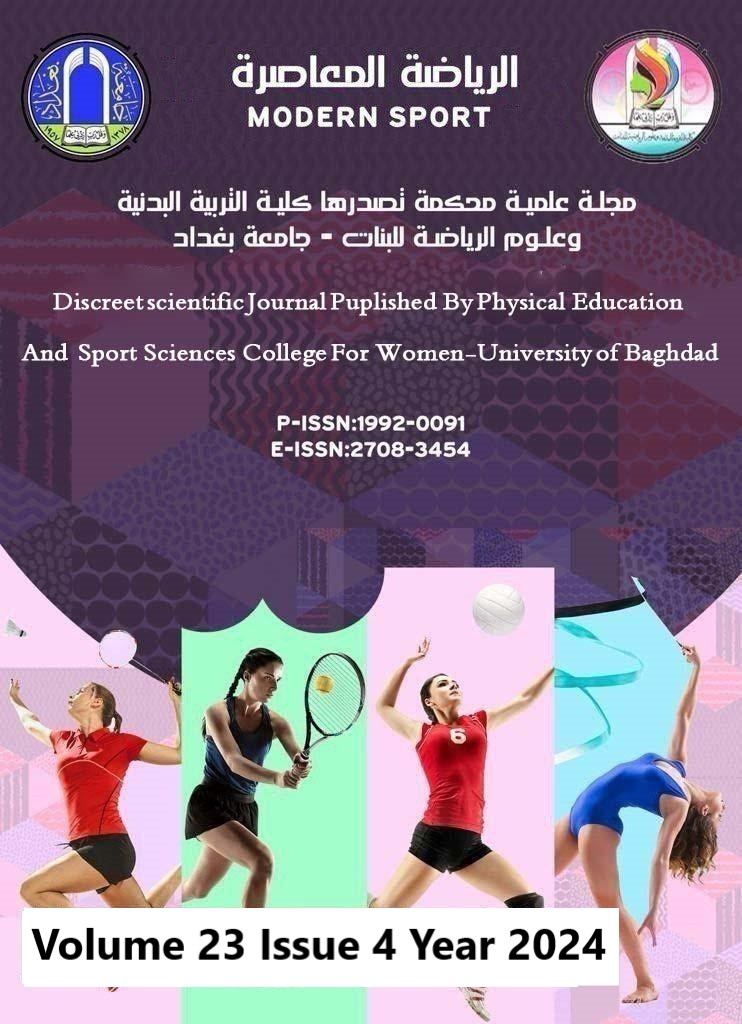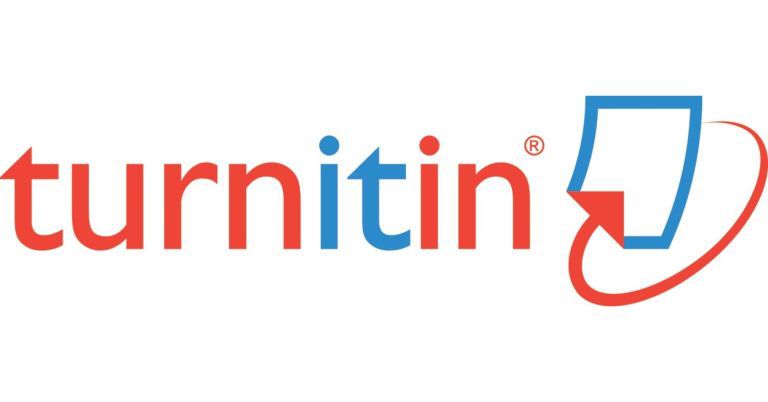Impact of Chia Seed Ingestion and Physical Activity on Insulin Resistance and Triglyceride Levels in Men and Women
DOI:
https://doi.org/10.54702/b3q88w77Keywords:
chia seeds, insulin resistance, triglyceride, Physical exerciseAbstract
The Chia seeds are a herbaceous plant native to southern Mexico and Guatemala. They have many nutritional and medicinal uses because they contain fibers, minerals and vitamins. These components have a significant impact on insulin resistance, which is considered a source of risk for many diseases, most notably type 2 diabetes. High levels of triglycerides. It is considered a source of danger for many diseases, the most important of which is heart disease. This study aims to evaluate the effect of consuming chia seeds on parameters of insulin resistance and triglyceride levels in individuals who suffer from insulin resistance. The study also examines whether there is a difference in the responses of women and men. as well as does the effect of chia seeds differ according to activity? The study included 100 people, 60 men with insulin resistance, 20 of whom walk for at least half an hour daily, and 40 women, 15 of whom walk for at least half an hour daily. They were all directed to take chia seeds for 45 days at a rate of one tablespoon after soaking them in water for a period of no less than an hour. The study showed a clear decrease in the level of insulin resistance in all men, as it decreased by 38.37%, and at a higher rate in men who were active by 41.47%, while the percentage decreased in women to a lesser extent than men, but also showed a decrease by 16.82%, and at a higher rate in women who practice walking by 19.35%. in conclusion The results of this study demonstrate a significant reduction in insulin resistance among both men and women, with a more pronounced effect in individuals who engage in physical activity. and this achieves one of the sustainable development goals of the United Nations in Iraq which is (Good Health).
References
E. K. Rahal, M. Meryama, and Z. Rachid, “Chia (Salvia Hispanica): An Overview of Its Botany, Uses, Reproductive, Biology, Pharmacological Properties and Industrial Potentials,” Austin J. Pharmacol. Ther., vol. 11, no. 2, pp. 2–5, 2023, doi: 10.26420/austinjpharmacolther.2023.1172.
S. Review, “Role of Chia Seed (,” pp. 9–18, 2024, doi: 10.4103/bjem.bjem.
A. C. Carpentier, “100th anniversary of the discovery of insulin perspective: insulin and adipose tissue fatty acid metabolism,” Am. J. Physiol. Metab., vol. 320, no. 4, pp. E653–E670, Feb. 2021, doi: 10.1152/ajpendo.00620.2020.
Z. A. E. Abbas and H. D. El-Yassin, “The impact of glycemic control on procalcitonin level in patients with type ii diabetes,” Med. J. Babylon, vol. 19, no. 3, pp. 391–395, 2022, doi: 10.4103/MJBL.MJBL_50_22.
M. A. Arif, M. K. Rasheed, and A. A. Ismaeel, “Study some biochemical parameters in patients with Coronary artery disease with and without Type 2 diabetes,” J. Fac. Med. Baghdad, vol. 66, no. 1, pp. 51–57, 2024, doi: 10.32007/jfacmedbagdad.6612173.
H. I. Okagbue, P. E. Oguntunde, E. C. M. Obasi, and E. M. Akhmetshin, “Trends and usage pattern of SPSS and Minitab Software in Scientific research,” J. Phys. Conf. Ser., vol. 1734, no. 1, pp. 0–7, 2021, doi: 10.1088/1742-6596/1734/1/012017.
N. H. Sebo, “Chia seeds nutritional value and its effect on serum glucose and cholesterol concentration in rats,” Polytech. J., vol. 7, no. 1, 2017, doi: 10.59341/2707-7799.1751.
E. Wuerch, G. R. Urgoiti, and V. W. Yong, “The Promise of Niacin in Neurology,” Neurotherapeutics, vol. 20, no. 4, pp. 1037–1054, 2023, doi: 10.1007/s13311-023-01376-2.
W. Khalid et al., “Chia seeds (Salvia hispanica L.): A therapeutic weapon in metabolic disorders,” Food Sci. Nutr., vol. 11, no. 1, pp. 3–16, 2023.
P. Pam, I. El Sayed, S. Asemani, P. Jamilian, M. Zarezadeh, and Z. Ghoreishy, “The effectiveness of chia seed in improving glycemic status: a systematic review and meta-analysis,” Diabetes Metab. Syndr. Clin. Res. Rev., p. 103065, 2024.
S. O. Abarikwu, C. A. Otuechere, M. Ekor, K. Monwuba, and D. Osobu, “Rutin ameliorates cyclophosphamide-induced reproductive toxicity in male rats,” Toxicol. Int., vol. 19, no. 2, pp. 207–214, 2012, doi: 10.4103/0971-6580.97224.
L. Te, J. Liu, J. Ma, and S. Wang, “Correlation between serum zinc and testosterone: A systematic review,” J. Trace Elem. Med. Biol., vol. 76, p. 127124, 2023.
S. Motyka, E. Skała, H. Ekiert, and A. Szopa, “Health-promoting approaches of the use of chia seeds,” J. Funct. Foods, vol. 103, p. 105480, 2023.
S. Z. Lutz et al., “Sex-specific associations of testosterone with metabolic traits,” Front. Endocrinol. (Lausanne)., vol. 10, no. MAR, pp. 1–5, 2019, doi: 10.3389/fendo.2019.00090.
K. Kumari et al., “Treatment with Testosterone Therapy in Type 2 Diabetic Hypogonadal Adult Males: A Systematic Review and Meta-Analysis,” Clin. Pract., vol. 13, no. 2, pp. 454–469, 2023, doi: 10.3390/clinpract13020041.
T. La Forge, Feed Your Chakras: Recipes to Restore & Balance Your Energy Centers. Wellfleet Press, 2024.
N. Rasheed et al., “Effectiveness of combined seeds (pumpkin, sunflower, sesame, flaxseed): As adjacent therapy to treat polycystic ovary syndrome in females,” Food Sci. Nutr., vol. 11, no. 6, pp. 3385–3393, 2023, doi: 10.1002/fsn3.3328.
H. Yan et al., “Estrogen improves insulin sensitivity and suppresses gluconeogenesis via the transcription factor Foxo1,” Diabetes, vol. 68, no. 2, pp. 291–304, 2019, doi: 10.2337/db18-0638.
Rishabh, S. Bansal, A. Goel, S. Gupta, D. Malik, and N. Bansal, “Unravelling the Crosstalk between Estrogen Deficiency and Gut-biota Dysbiosis in the Development of Diabetes Mellitus,” Curr. Diabetes Rev., vol. 20, no. 10, pp. 69–79, 2024.
A. Agarwal, Rizwana, A. D. Tripathi, T. Kumar, K. P. Sharma, and S. K. S. Patel, “Nutritional and Functional New Perspectives and Potential Health Benefits of Quinoa and Chia Seeds,” Antioxidants, vol. 12, no. 7, p. 1413, 2023.
Downloads
Published
Issue
Section
License
Copyright (c) 2024 Modern Sport

This work is licensed under a Creative Commons Attribution 4.0 International License.















